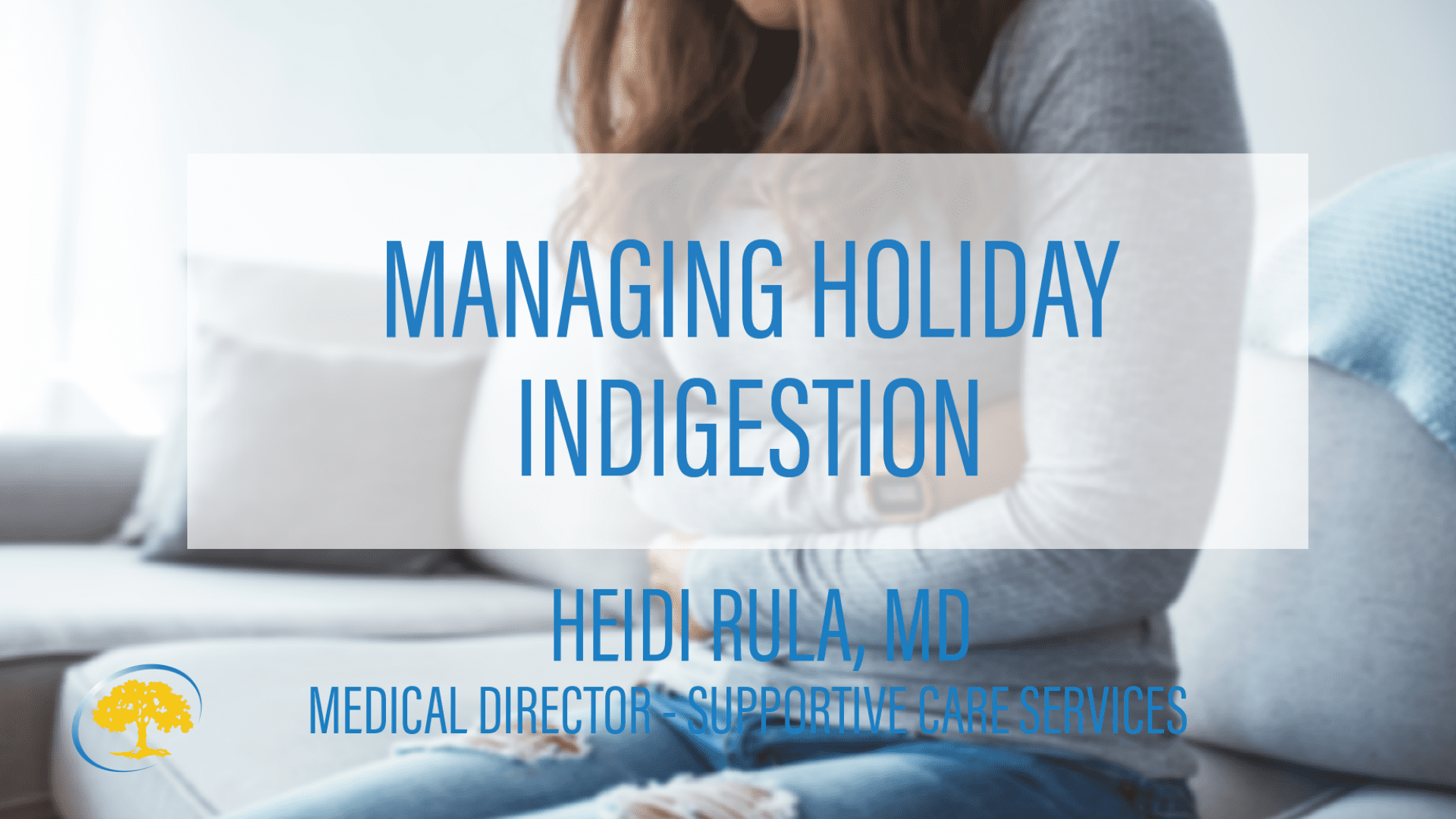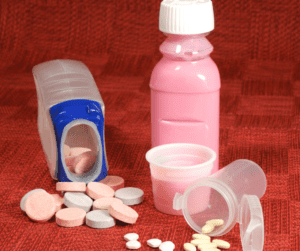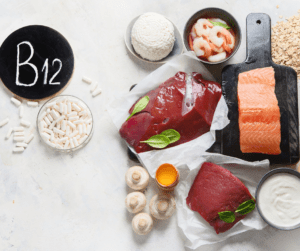
Posted 5 years ago
Managing Holiday Indigestion
 The holidays are upon us and for many, these gatherings of family and friends (likely a little smaller group this year in the face of COVID), can mean not only an overindulgence of food and drink but also a time of increased stress- a classic set up for heartburn. Many cancer patients also experience heartburn as a result of their cancer treatments.
The holidays are upon us and for many, these gatherings of family and friends (likely a little smaller group this year in the face of COVID), can mean not only an overindulgence of food and drink but also a time of increased stress- a classic set up for heartburn. Many cancer patients also experience heartburn as a result of their cancer treatments.
Most people have experienced heartburn sometime in their life. It is estimated that 15% of the population will have heartburn at least once a week and 7% of people will have it daily. Heartburn is generally experienced as a burning discomfort under the breastbone that usually is the result of stomach acid backing up into the esophagus from a relaxation of the sphincter that connects the esophagus to the stomach. This can occur from stress, the use of certain medications, and various foods.
Some of the big triggers for heartburn are beverages like alcohol, coffee (even decaf), caffeine, tea, acidic juices like orange and tomato, milk, and spicy foods. For some, sugary and high carbohydrate foods can also be a heartburn trigger. Medications like calcium channel blockers 

But is it ok to stay on these drugs long term? More data is accumulating that highlights the health risks for the long-term use of these drugs including increased risk of fracture, B12, and Magnesium deficiency and there is some concern that people on these drugs may have a higher risk of contracting COVID 19.
If you are just having some mild occasional symptoms then some natural products may be a good option for you. Less powerful drugs like the category H2-Blockers (Pepcid and Tagamet) may be better alternatives. Also products a calcium product like Tums can provide some temporary relief. And for a more natural approach, I like my patients to try slippery elm tea using 1 to 2 tablespoons of powdered root in water 3 to 4 times a day or use DGL (deglycyrrhizinated licorice) chewable tablets, 1 to 2 tabs before meals, to help minimize symptoms.
For those patients who are unable to get off a PPI, it is recommended they go down to the lowest effective dose. They may be able to take half the dose or take the medication every other day to control symptoms. It is best to work with your practitioner to taper or transition off these medicines and not to just stop them.
If you are one of those millions of Americans taking a long-term PPI, it is important to have your magnesium and B12 levels checked and to take a supplement to help replace any deficiencies.
So instead of popping that little pill that allows us to eat whatever we want, listen to your body and avoid those known triggers for heartburn.
About Heidi Rula, M.D.
Medical Director of the Supportive Care Services Department
Dr. Heidi Rula joined Ironwood in 2018 to launch the Integrative Oncology program. She is board certified in family medicine and fellowship-trained in Integrative Medicine. Dr. Rula has been a practicing physician in the Phoenix area for approximately 20 years and has been recognized by her colleagues as one of Phoenix’s “Top Doctors” on multiple occasions.
Dr. Rula has played a key role in bringing integrative medicine to the Valley. She served as the medical director of the University of Arizona Integrative Health Center where she leads a team of physicians and complementary practitioners in a unique model of integrative primary care that she helped to develop along with Dr. Weil and the UA Center for Integrative Medicine.
About Ironwood Cancer & Research Centers
Ironwood Cancer & Research Centers (ICRC) is the largest multi-specialty oncology network in the Greater Metro Phoenix area. They have over 100 medical providers, a robust Integrative Services program, and a dedicated clinical research department. Ironwood Cancer & Research Centers has 15 valley locations and five comprehensive cancer care centers that offer a multi-disciplinary approach for expedited personalized patient care. For more information, please visit www.ironwoodcrc.com.


 About
About